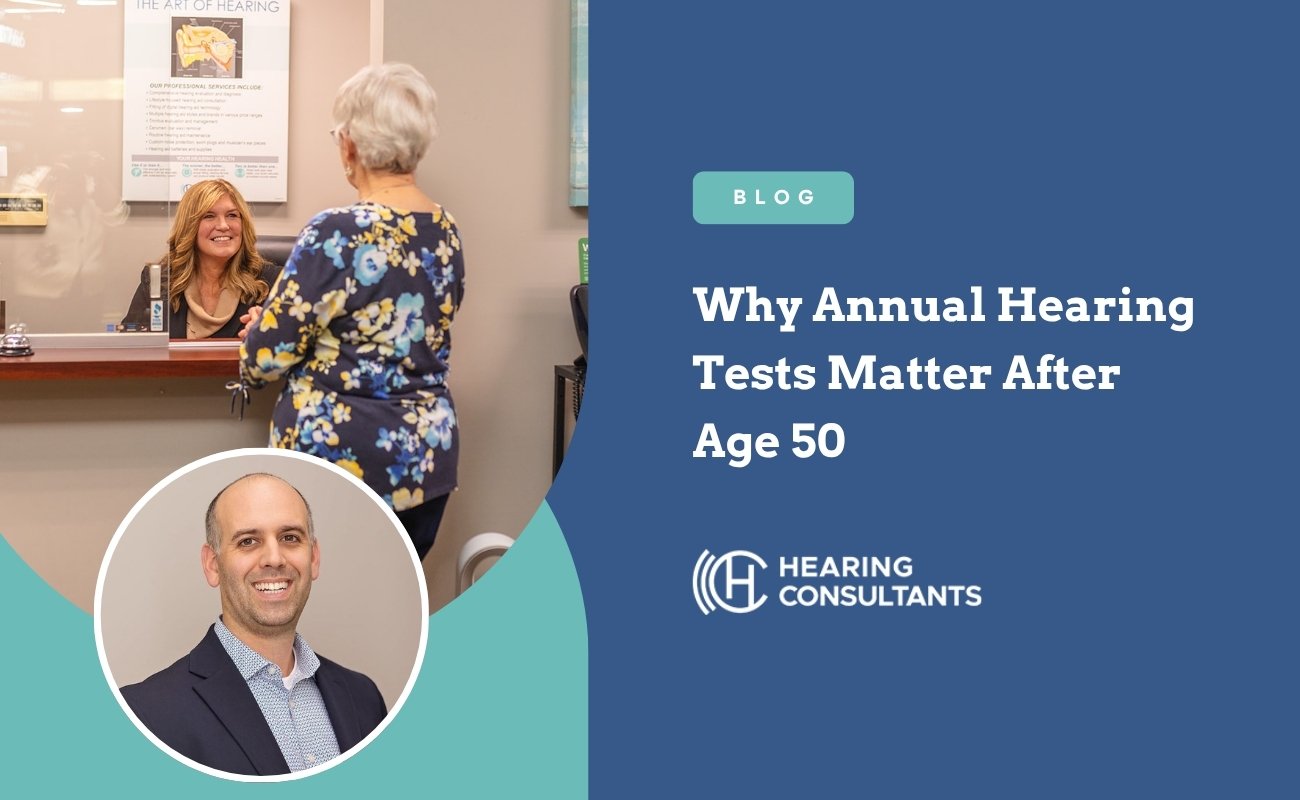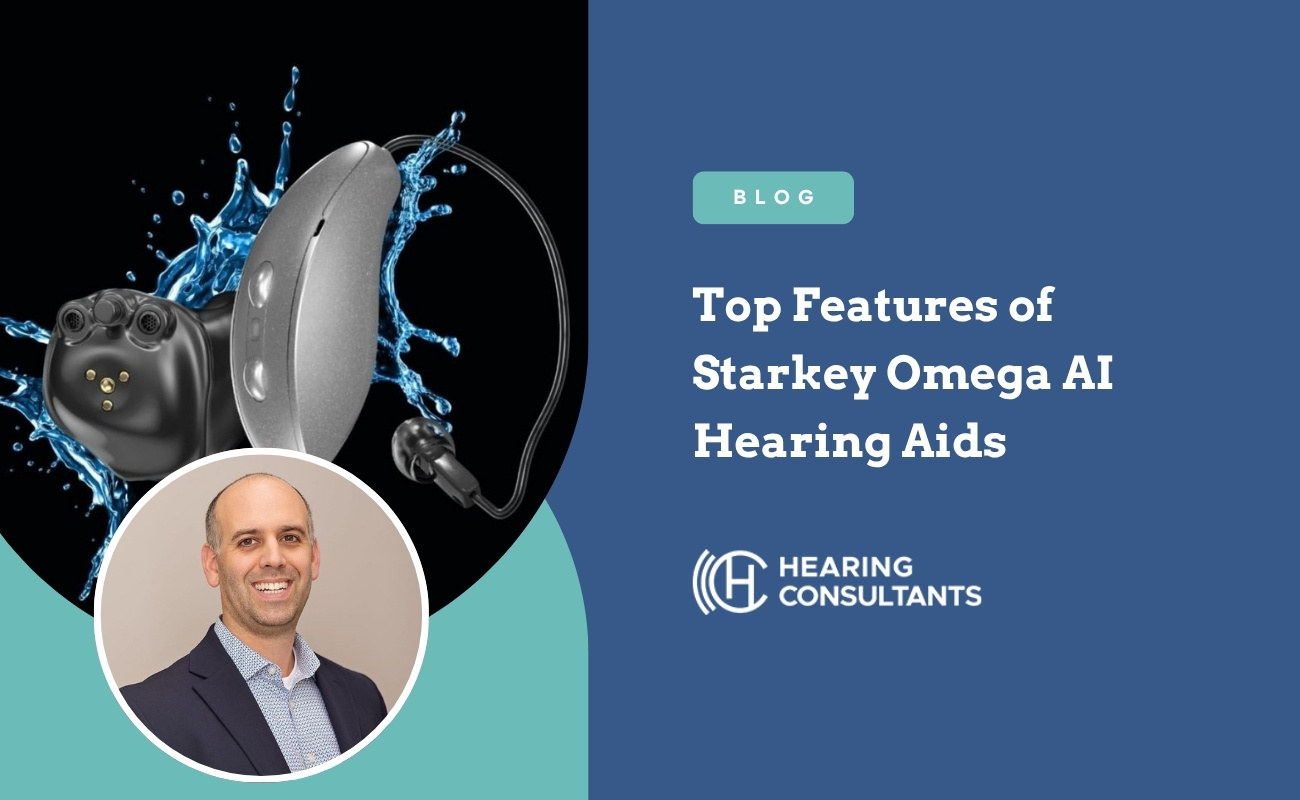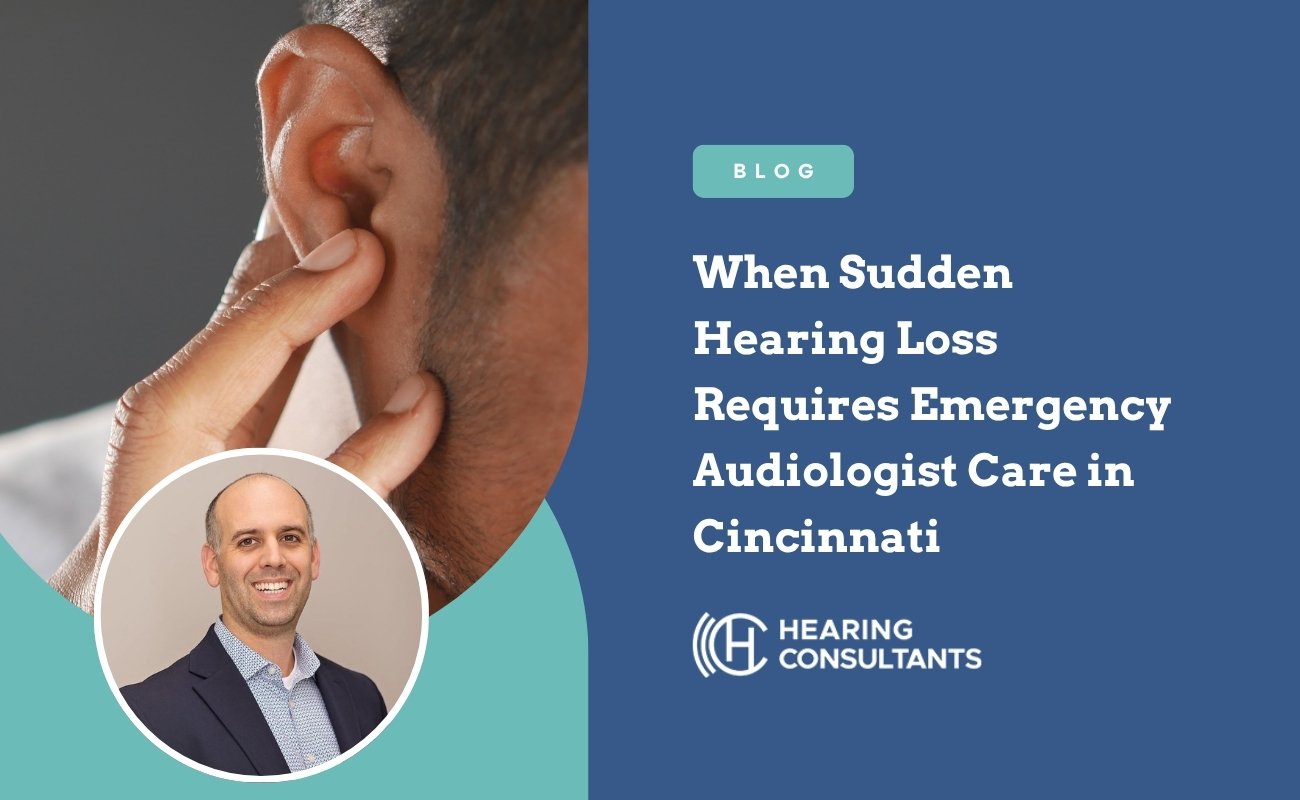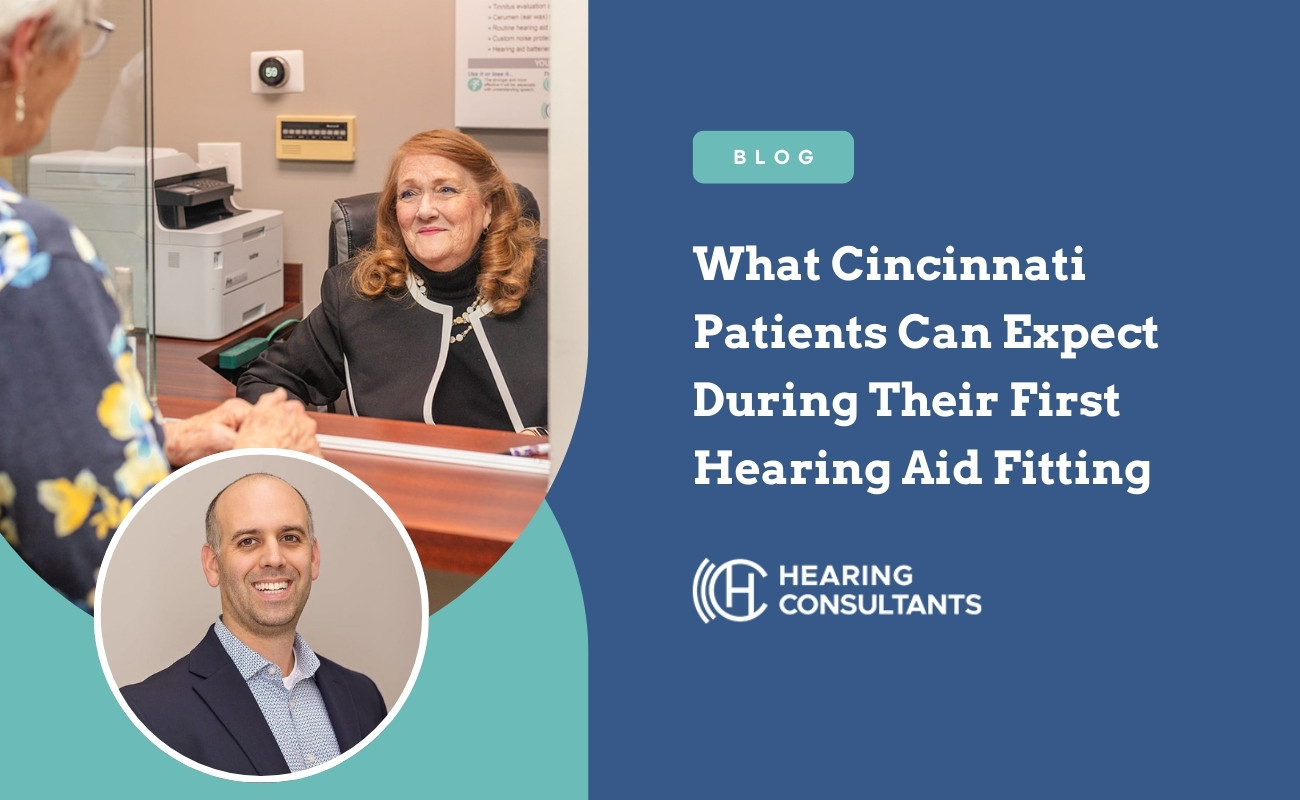Conductive Hearing Loss: Signs, Causes, and Treatments
It’s a common misconception that only seniors have hearing loss. Age related hearing loss is just one kind of sensorineural hearing loss, or hearing loss due to damage to cells in the inner ear. Noise induced hearing loss is another form of sensorineural hearing loss, which affects people of all ages. However, there’s another kind of hearing loss that affects people of all ages: conductive hearing loss. This hearing loss affects the outer and middle ear and sounds never make it to the inner ear at all.
What is Conductive Hearing Loss?
This hearing loss is common among children and teens, and adults and seniors can also experience conductive hearing loss. This hearing loss is caused by a blockage in the outer or middle ear, so that sounds from the environment aren’t conducted to the inner ear. When there is any blockage in the ear, a fluid buildup, or some structural damage to the ear canal or the middle ear, the result will be conductive hearing loss.
Watch for the Signs of Conductive Hearing Loss
There are a few telltale signs that differentiate conductive hearing loss from sensorineural hearing loss.
- Sudden onset: Conductive hearing loss is often characterized by a very sudden onset, or rapid decline in hearing abilities, whereas sensorineural hearing loss is often a slow and gradual hearing loss that you may not even notice in the first few months.
- Muffled sounds: Conductive hearing loss can be identified by a feeling that all the sounds around you are very muffled. With sensorineural hearing loss you may struggle to hear high pitched sounds, but hear well in other registers. With conductive hearing loss, both high- and low-pitched sounds will seem muffled or faint, as if they’re coming from very far away.
- Hearing loss in one ear: Conductive hearing loss can affect one or both ears, while sensorineural hearing loss is often present in both ears.
Other signs of conductive hearing loss include struggling to follow conversations, turning up the volume on the TV, or sleeping through the alarm clock. You may experience pain in the ear, have a discharge in the ear, or even feel dizzy.
Causes of Conductive Hearing Loss
Causes of conductive hearing loss vary widely, and anything that can block the ear canal or damage the middle ear will cause hearing loss.
- Impacted earwax – one common cause of conductive hearing loss is a buildup of earwax in the ear canal. Using Q-tips can push old, dirt- and dust-filled earwax back against the eardrum, and lead to a blocked ear canal.
- Ear infection – another cause of conductive hearing loss is an ear infection in either the ear canal or the middle ear. An ear infection causes inflammation and swelling, and can lead to a buildup of fluid either in the ear canal or the middle ear. Ear infections are very painful, and will often cause hearing loss.
- Ruptured eardrum – an injury can cause hearing loss, and a head trauma can rupture the middle ear or eardrum, interfering with the eardrum function, and causing conductive hearing loss.
- Otosclerosis – Otosclerosis attacks the bones of the middle ear, known as the ossicles, and creates an abnormal growth on the bones. This stops the ossicles from moving against the eardrum and sounds won’t reach the inner ear, leading to hearing loss.
Treating Conductive Hearing Loss
Conductive hearing loss can sometimes be treated very easily, and this hearing loss won’t be permanent. For example, removing a buildup of ear wax can open the ear canal, and make it easy for sounds to reach the inner ear. Medical treatments are best used when the conductive hearing loss is due to an infection, and antibiotics can fight the infection, speed the draining of the ear, and have you hearing normally in just a few days.
Other causes of conductive hearing loss will need more advanced treatment, and you may opt for a surgical implant, or invest in hearing devices. Hearing aids will help you hear the sounds around you and get back to participating in conversations with friends and loved ones. A hearing test will determine the severity of your hearing loss, show what sounds you’re missing, and help you pick the perfect device that will let you hear clearly.
Get in touch with
Hearing Consultants
Contact our clinic to schedule an appointment today!







